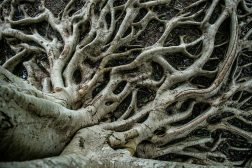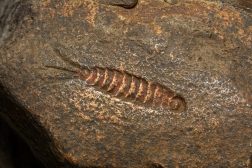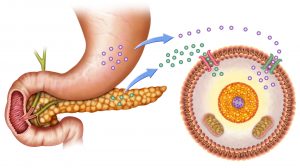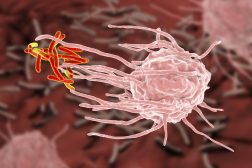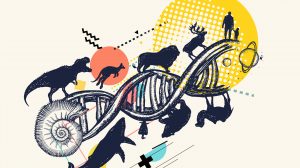Definition
noun
The branch of zoology that deals with reptiles and amphibians
Supplement
Herpetology is a sub-discipline of zoology that deals with reptiles (e.g. snakes, lizards, turtles, tortoises, amphisbaenids, crocodilians, and tuataras) and amphibians (e.g. frogs, toads, salamanders, newts, and caecilians). Herpetology has a sub-discipline, i.e. batrachology. The latter is concerned primarily with studying amphibians.
This branch of zoology conducts studies on these animals to understand their biology, ethology, ecology, evolution, and medical importance. The toxins and the venoms from certain species may be useful in human medicine. Certain venoms have been utilized as a source of anti-coagulants for managing and treating stroke and heart attacks.
Experts in this field are referred to as herpetologist. Some of the well-known experts in herpetology are as follows:
- Jean Marius René Guibé: a French naturalist who was the first to describe species such as Anodonthyla rouxae, Boophis williamsi, Mantella nigricans, Mantidactylus klemmeri, Mantidactylus microtis, Platypelis milloti, Plethodontohyla minuta, Rhinoleptus, Stumpffia roseifemoralis, and so on.
- Gabriel Bibron: a French hertpetologist who did classify a large number of reptile species.
- Franz Werner, an Austrian zoologist specializing in herpetology and entomology, described numerous species and other taxa of frogs, snakes, insects, and other organisms.
Word origin: Greek herpetón (“reptile”) + –logie (study or work)
See also:
- zoology
- reptile
- amphibian
Related form(s):

